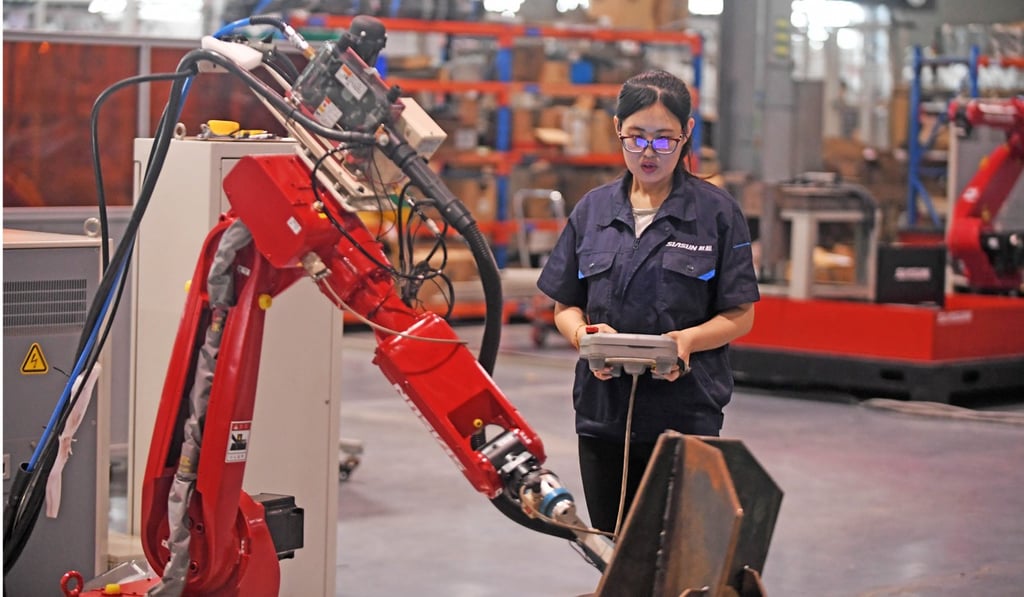China should keep calm and remember Deng Xiaoping as trade war bites, former adviser says
- Beijing should be realistic about its chances of success in a multifaceted conflict with the US, says Jia Kang, a former head of research at China’s finance ministry
- Country should not concede the fight, but should seek to achieve a compromise

China should remember the words of its late paramount leader Deng Xioaping and “cope with affairs calmly” to avoid any further escalation of its trade and technology war with the United States, a former government adviser has said.
Speaking at a seminar at Tsinghua University in Beijing recently, Jia Kang, a former head of research at China’s finance ministry, said the country also needed to be realistic about its ability to prevail in the long-running dispute.
“To be honest, China is still far from being able to rival the United States,” he said.
“Trade is just the tip of the iceberg, and what lies below sea level – manufacturing, technological innovation, finance, military power and global influence – must also be taken into account.”

Beijing’s leaders would be wise to remember what Deng, who is credited with masterminding much of China’s economic reform, said about the need for patience and modesty, Jia said.